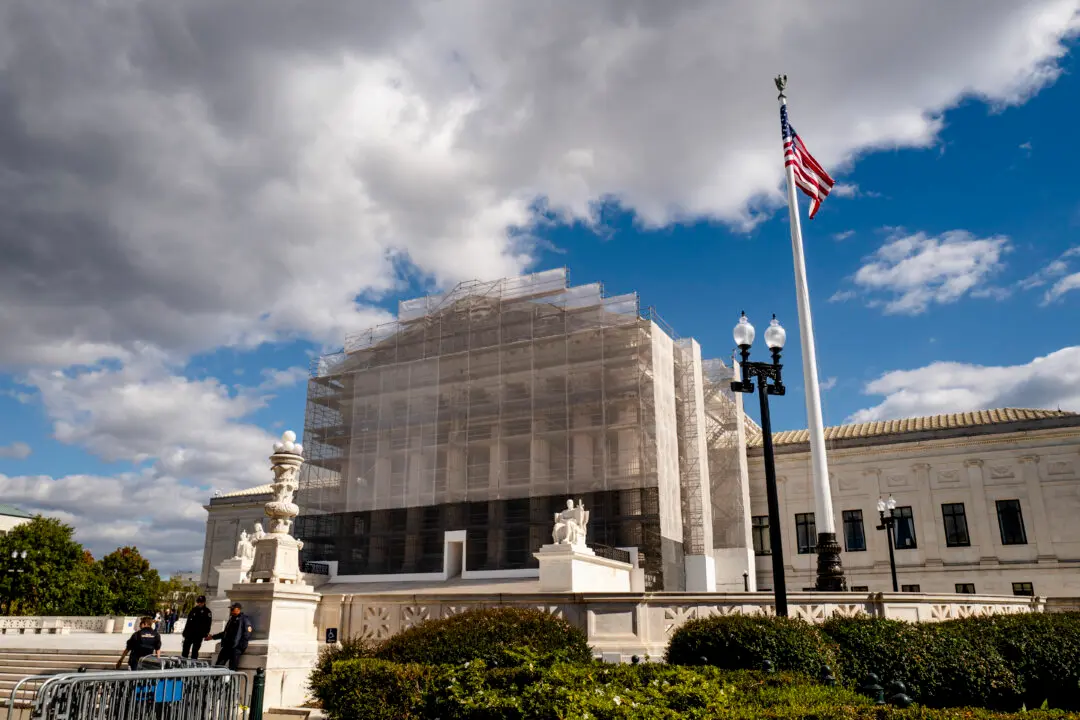Commentary
There’s a prevailing orthodoxy and its opponents are branded “insurrectionists.” Nonconformists are banned from social media outlets. They’re threatened and they lose their livelihoods. Street mobs attack them and destroy their property. Government officials not only refuse to protect their rights, but also sometimes even conspire with the oppressors.





